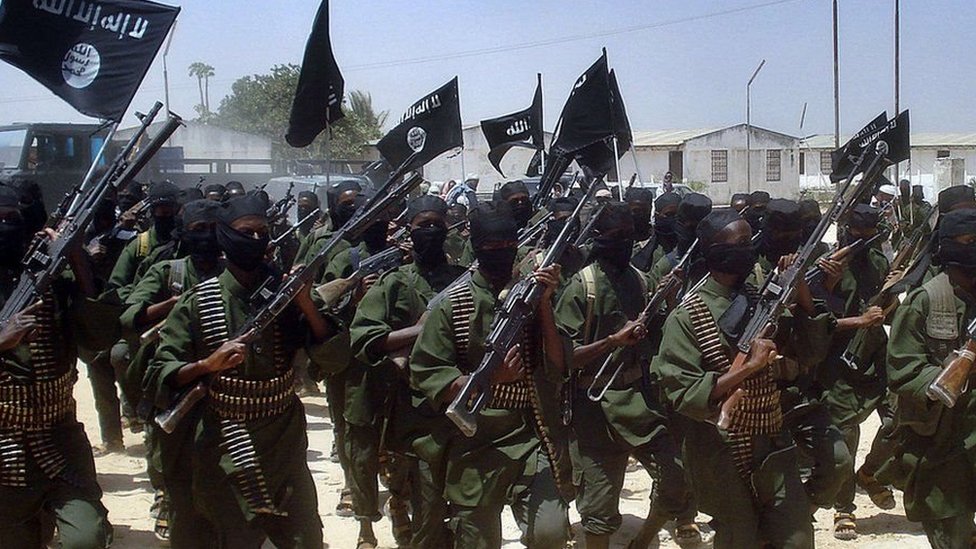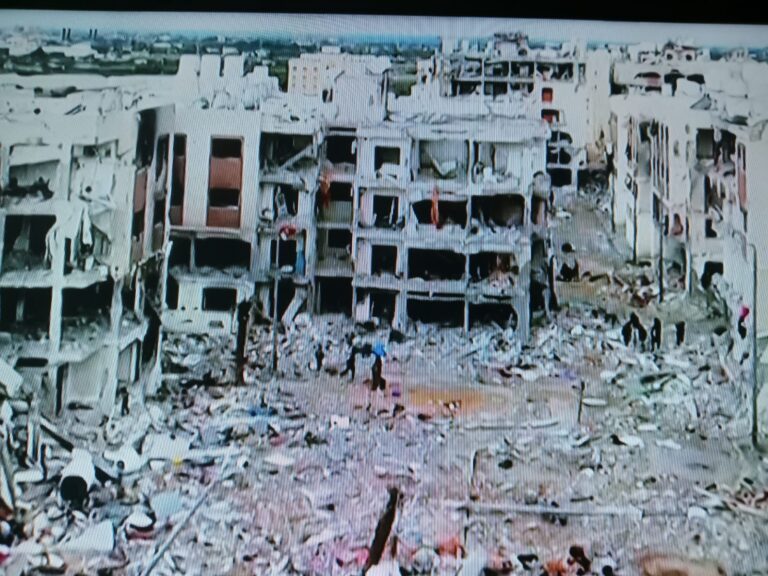
STRATEGIC ASSESSMENT. U.S. special forces had conducted a raid targeting Islamic State (ISIS) leader that resulted in his death, which occurred when he detonated explosives, killing himself and his family. Al-Qurayshi led ISIS since the death of its longtime leader Abu Bakr al-Baghdadi in October 2019, and his death has raised important questions about the organizational abilities of ISIS to regroup and appoint a leader with the religious and operational pedigrees al-Baghdadi and al-Qurayshi purported to possess. Importantly, given the emergence of decentralized ISIS affiliates and branches in Africa and South Asia, how this might affect their operations and ideology will shape violence and conflict in several critical locations. If core ISIS is unable to communicate with its regional branches, groups like ISCAP, Islamic State West Africa Province (ISWAP), and Islamic State Khorasan (IS-K) could each become overly focused on purely local or parochial objectives.
For victims of al-Qurayshi’s brutal campaign of violence, including genocide and sexual violence targeting particularly the Yazidi community, his death may not bring long-term relief, or the kinds of support urgently needed. In a statement responding to his death, Nadia Murad, human rights activist and founder of Nadia’s Initiative, said, “While today’s actions remind my fellow survivors and I that our suffering has not been forgotten, there is more that must be done, including plans to support the recovery of the Yazidi community and efforts to bring other members of ISIS to justice, including in a court of law.” She noted that 200,000 Yazidis still remain internally displaced in Iraq and 2,800 women and children are still missing, presumed to be enslaved by ISIS members. UNITAD reported in 2021 that investigators reached a landmark moment in their work, that “there is clear and convincing evidence that the crimes against the Yazidi people clearly constituted genocide.”
However, as The Soufan Center recorded earlier in a project tracking the impact of Covid-19 on the frontline of conflict, the Yazidi community continues to face shortages of critical services and support. Jasim Qaro Sulaiman, a Yazidi schoolteacher, had concisely summed up this dilemma: “Return to Sinjar is very hard… I can say it’s like the sheep without a shepherd; there is no government that can take care of them.” A returnee to Sinjar had noted that, “as I see it the most important thing in Sinjar is solving the security issue but also restoring and replacing the basic services; many villages are suffering from the lack of services, there are no health care centers, no schools for education.”
With little prospect of repatriation for many ISIS-affiliated individuals and families in detention centers, and few national level prosecutions for individuals accused of ISIS-related crimes, the lingering uncertainty creates both humanitarian and security challenges. Dire conditions for those in camps—and comparatively little attention to the fate of men and boys in prisons like Hasakah until the recent ISIS prison break—create ripe conditions for ISIS and other terrorist groups to drum up support and recruits. Importantly, these conditions delegitimize the narrative of human rights and due process critical to the strategic communications of members of the Coalition against Daesh. However, at the same time, the relative impunity for those returning to home countries or third countries, given the dearth of domestic prosecutions for ISIS associates or clarity regarding the screening processes or investigations that have preceded their return and reintegration, can also encourage those who may be interested in supporting or perpetrating violence in the future.
States should use all means possible to bring terrorists to justice in a court of law or use international legal instruments to promote accountability to raise the costs of perpetrating terrorist acts. Successful prosecutions and trials in places like Germany and the United States have demonstrated the possibility of bringing individuals to account, though their number remains modest. Some countries have chosen to conduct trials of ISIS affiliates in absentia, as a means of avoiding the expiration of a statute of limitations (in respect of relatively minor offences). It is possible in some contexts that a conviction in absentia could be used for evidence in civil proceedings, or lead to higher categories of warning or watchlisting, though such trials or convictions may not be possible in all cases. Among the challenges in pursuing such cases is the access to evidence, ensuring due process, complications arising from access to individuals and information in the conflict zones, and the reluctance of many states and communities to bring back nationals who may continue to constitute a security threat or raise community opposition. Where states have repatriated individuals, such processes have largely focused on women and children, or unaccompanied children, leaving the fates of men and older boys in camps unknown.
On the international front, organizations like UNITAD have been working to collect evidence and develop investigative tools to help Iraqi authorities and interested states investigate and prosecute Daesh crimes. United Nations Security Council Resolution 2331 allows for states to place “1267” counterterrorism sanctions on individuals that have used human trafficking and sexual violence to provide financial and material support to ISIS or al-Qaeda; few if any states have utilized this instrument to designate individuals. While the Security Council has recognized sexual violence as a tactic of terrorism, victims and survivors continue to struggle to access support and resources, and terrorist leaders are rarely held accountable for these actions. Al-Qurayshi’s death ends one chapter of the ISIS story, but the next should include strengthened resolve to bring perpetrators to justice and reaffirm long-term norms against the kinds of violence and tactics he orchestrated (TSC).





